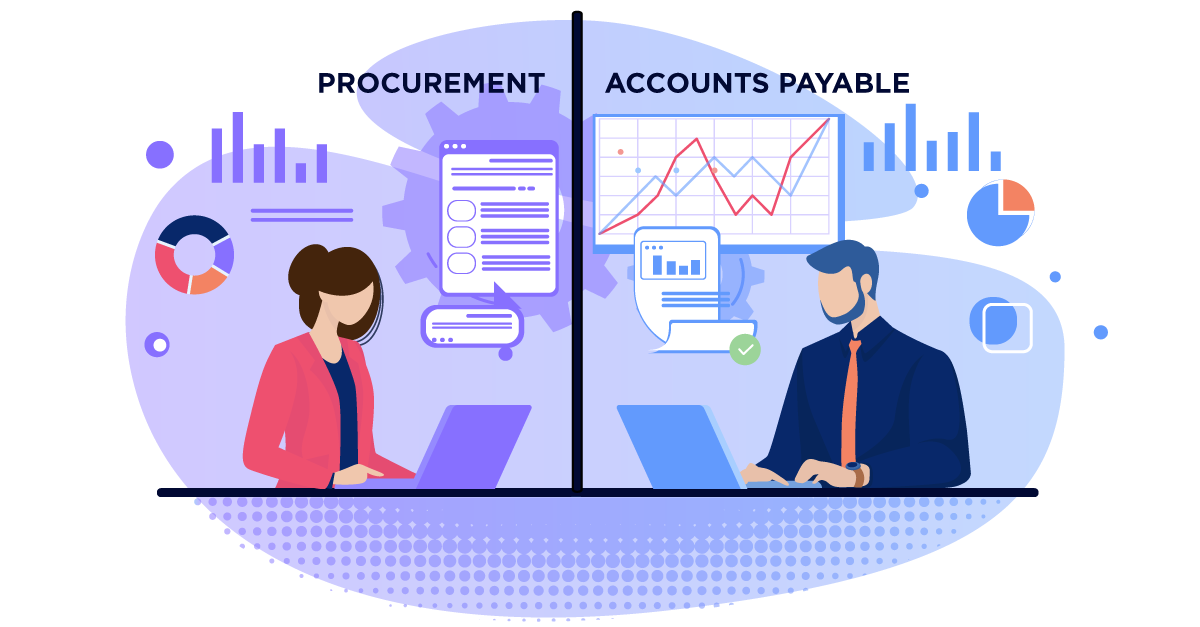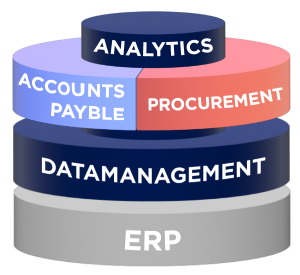3 min read
Guest blog TU Delft: Reduced ordering costs thanks to intuitive procurement process
Editorial ICreative
Sep 19, 2023 8:45:00 AM

Within most large organizations, Finance and Procurement are often separate entities. At the Technical University of Delft (TU Delft), we are no exception, but we are taking steps in the right direction. As project manager for the Procurement department, my goal is to break down those silos and establish connections. By sharing more information between these departments, we can optimize the purchase-to-pay process, gain better control of expenses, improve the user-friendliness of the ordering process, and enhance our strategic procurement efforts.
Guest blog by Mees Walhof, Manager Procurement at the Technical University of Delft
Strategic procurement begins with increased control over the procurement process. By establishing a stronger connection with Finance and gaining visibility into actual expenses, I, as a procurement professional, can proactively offer users the products and services they seek, adding value from a strategic advisory perspective.
Take invoice processing, for example. Invoice data is valuable to me as a procurement professional because it helps me with spend analysis. This data provides insights into our organization's ordering behavior and deviations. Furthermore, an invoice tells me more about the products employees wish to purchase, including those that may not be available through our own procurement portal.
More control over expenses
In general, many large organizations should have greater control over their expenses. Whether it's direct or indirect procurement, the share of spend that occurs outside of preferred suppliers is often still significant. For a technical employee, for instance, it may sometimes be just as easy to pop into the local hardware store for a part.
While achieving full control over orders placed with various suppliers may be a utopian idea, there is a difference between providing employees complete freedom of choice and regulating it as effectively as possible. Therefore, it is crucial to optimize the ordering process and make it as straightforward as possible for employees. In other words, to increase the amount of spend under management, don't overwhelm them with thousands of choices; offer them a curated selection.
Reduced ordering costs
As a public organization, we are obligated to conduct tenders, after which our team creates framework agreements and manages the procurement process centrally, allowing for decentralized ordering. TU Delft already used Basware to support the procurement process, but our Basware software needed an upgrade. We aimed for a purchase-to-pay solution that would not only optimize our existing process but also facilitate e-invoicing and a supplier portal.
ICreative not only offered the Basware solution but also collaborated closely with us to make the procurement process more intuitive. For instance, we explored how to make purchase orders smarter, providing the right information not only for administration but also for a user-friendly experience. This included features like automatic field filling and product coding, all aimed at simplifying the procurement process.
We have noticed a steady increase in the use of the software: more and more expenses are being processed through Basware. Additionally, we have been able to reduce our ordering costs. These costs encompass all expenses associated with processing a purchase order, from creating the request to handling the invoice based on the purchase order. Previously averaging 100 euros per order, these costs have decreased to 55 euros per order.
Users want a webshop experience
Now, we are exploring ways to intelligently segment very specific products into "smart ponds" where employees can "fish" and request targeted products. This requires, in part, a new procurement system, as well as improved supplier and category management.
Additionally, thanks to the spend analysis module in Basware, we have noticed that there are still too many expenses being made with suppliers with whom we have no contract. I find that users desire a sort of Amazon experience when searching for products: a single large database with easy filtering options. Creating such a database that is user-friendly in every way is quite challenging. Basware's procurement portal comes close to providing the ideal user search experience. And it helps us maintain better control over expenses made on behalf of our organization.
Next step: more sustainable procurement
TU Delft aims to become fully carbon-neutral and circular by 2030. This means we are seeking data to calculate our carbon footprint. Ideally, we want to build a database where we can validate supplier data, compare suppliers, and award contracts to the most carbon-neutral supplier. Currently, we are investigating which values we can define to assess all products and services for sustainable procurement. This means looking beyond just price-quality ratios and focusing on the environmental impact. In an ideal world, this database would be public, managed by an independent authority that verifies the data provided by suppliers.
In conclusion, now that our procurement process is more efficient, we want to take the next step and procure more sustainably to achieve our goal by 2030.
Want to improve your procurement process?
Do you want to know how you can improve your procurement process in order to reduce costs, retake control and improve spend under management? Contact our experts or watch a webinar about the possibilities of Basware Purchase.










